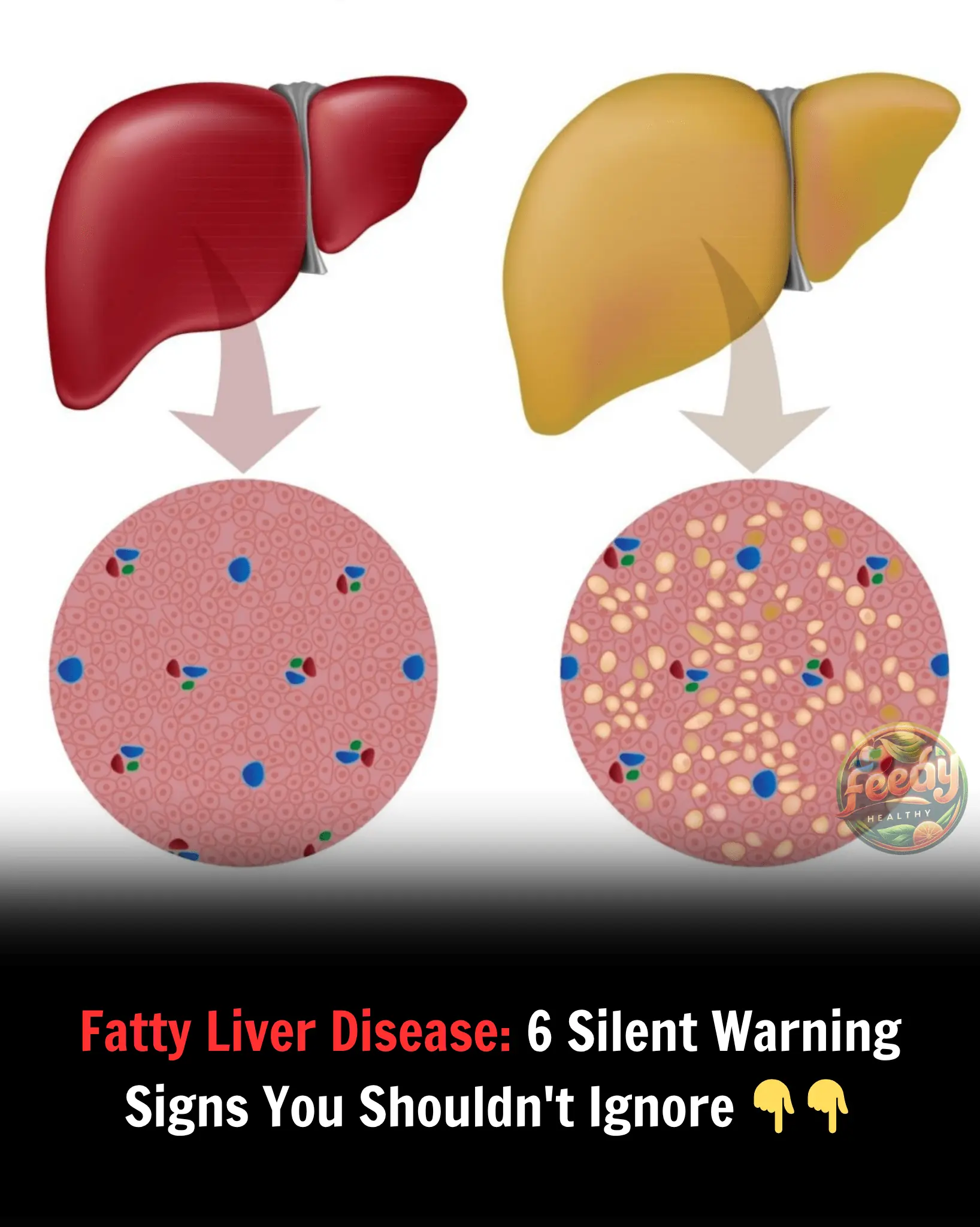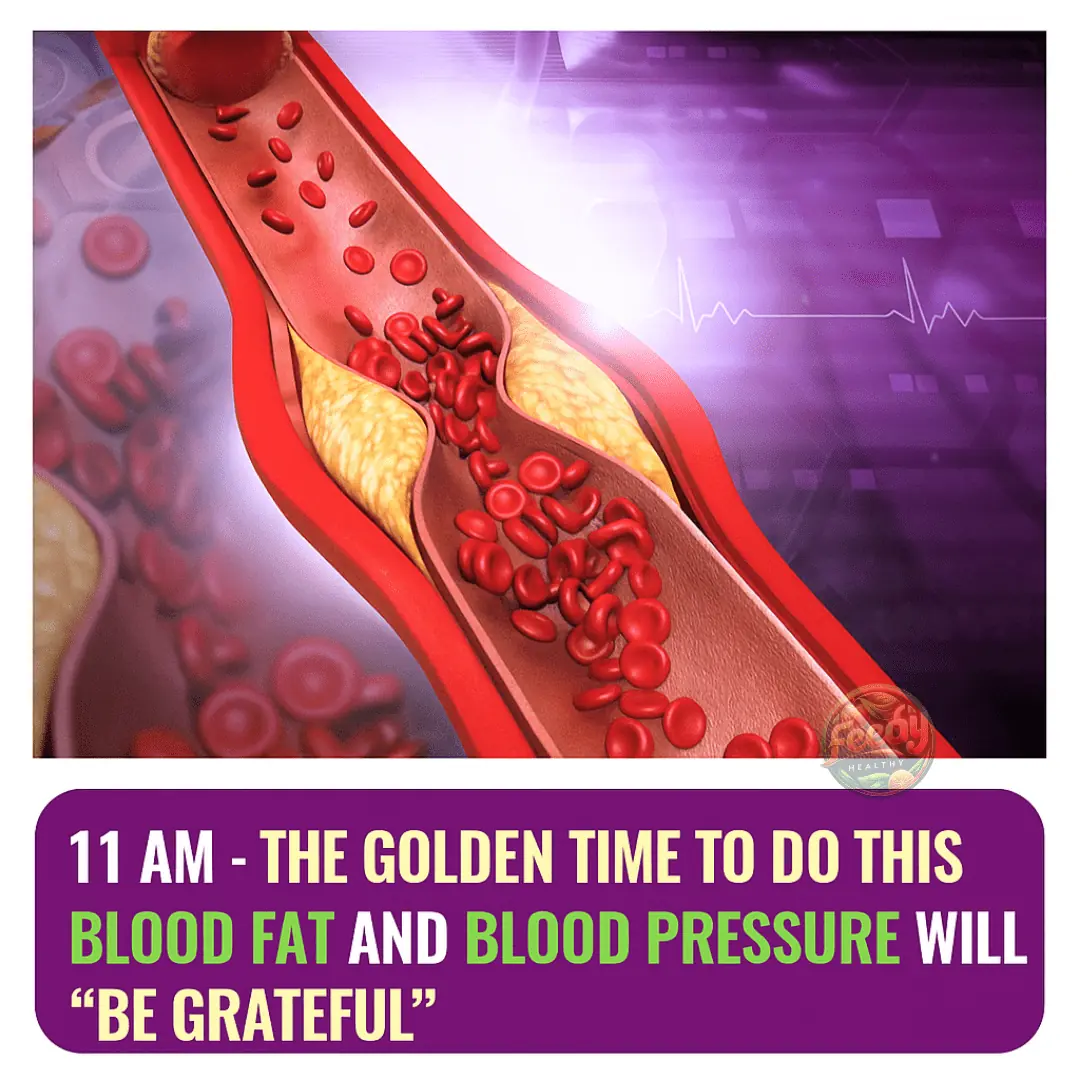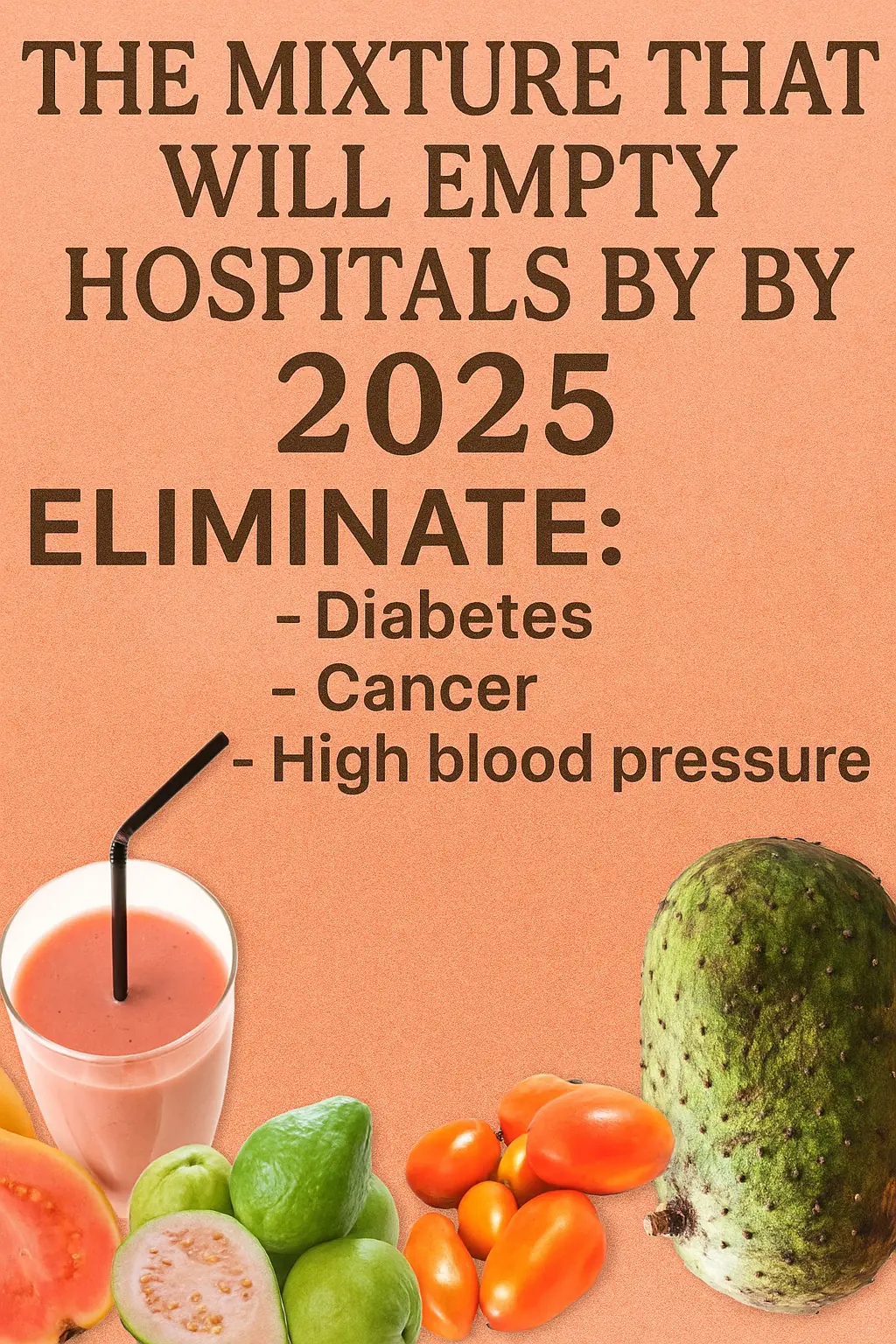
Just Three Nights of Poor Sleep May Harm Your Heart, New Study

It’s no secret that sleep plays a crucial role in heart health, but researchers are now uncovering exactly how poor sleep impacts the cardiovascular system.
A recent study from Uppsala University in Sweden has revealed that just three consecutive nights of insufficient sleep—approximately four hours per night—can lead to significant changes in blood composition that may elevate the risk of heart disease.
The research focused on inflammatory proteins—biomolecules that rise in response to stress or illness. Persistently high levels of these proteins can damage blood vessels, increasing the likelihood of serious conditions such as coronary artery disease, heart failure, and atrial fibrillation.
The study observed 16 healthy young men in a controlled laboratory environment where their food, physical activity, and light exposure were carefully regulated. Each participant followed two sleep schedules: one with 8.5 hours of sleep per night and another with only 4.25 hours. After each schedule, they underwent a brief, intense cycling session, and blood samples were taken before and after.
The results were telling. Blood tests showed elevated levels of nearly 90 proteins, particularly those associated with inflammation and heart disease, following sleep deprivation. Moreover, the usual post-exercise rise in beneficial proteins like interleukin-6 and brain-derived neurotrophic factor (BDNF)—both linked to heart and brain health—was noticeably blunted after the sleep-restricted phase.
Even more concerning was the fact that these physiological changes occurred in young, otherwise healthy individuals after only a few nights of inadequate rest. This finding is especially relevant in today’s society, where shift work and disrupted sleep schedules are common, affecting roughly one in four people.
The study also highlighted that the timing of blood sample collection mattered: protein levels varied between morning and evening and fluctuated more significantly when sleep was limited. This points to sleep’s influence not only on the presence of these biomarkers but also on their circadian rhythms.
In an age when many sacrifice sleep for work, entertainment, or screen time, this research is a clear reminder: your body doesn’t forget. It responds, often quietly and chemically, with consequences that can silently accumulate over time.
News in the same category


Why Non-Smokers Can Still Get Lung Cancer

Salmonella Outbreak Linked to Recalled Eggs Sickens 79 People Nationwide, Including 2 in New Jersey

Top 10 Foods That Reduce Your Uric Acid Levels

PINEAPPLE – A NATURAL REMEDY FOR STROKE PREVENTION & LIVER-KIDNEY DETOX

This 2025 Herbal Elixir Is Emptying Hospitals—What’s Behind the Craze?

Fatty Liver Disease: 6 Silent Warning Signs You Shouldn't Ignore 👇👇

11 AM – THE GOLDEN HOUR WHEN YOUR BLOOD FAT AND BLOOD PRESSURE WILL “BE GRATEFUL” IF YOU REMEMBER TO DO THIS ONE SIMPLE THING…

Just One Spoonful of This Mixture Can Help with Blindness, Myopia, Blurred Vision, and Eye Fatigue

Mimosa Pudica: The Sensitive Plant That May Boost Your Health Naturally

What Should People with Weak Kidneys Avoid in Their Daily Meals?

6 Powerful Juice Recipes to Naturally Help Anemia, Inflammation, Fatigue, Low Immunity, High Cholesterol, and Insomnia

The Natural Remedy Called “The Cancer Eliminator”: A Simple Blend for Better Health and Vision

Molecular Jackhammers: A Breakthrough in Non-Toxic Cancer Treatment Using Near-Infrared Light

6-Year-Old Boy Dies from Late-Stage Cancer: A Wake-Up Call About Sugary Juice Consumption

Garlic’s Natural Benefits: 12 Ways to Support Immunity and Respiratory Health

Exploring the Health Benefits of Common Mallow: A Nutritional Powerhouse

If You See This Plant, Grab It Immediately – It Could Change Your Health!
News Post

Cinnamon & Chia Nighttime Drink: Effortless Weight Loss While You Sleep

Aloe Vera: A Gentle Solution for Varicose Veins

Say Goodnight to Sleep Troubles with Banana Tea!

The Natural Remedy That Could Empty Hospitals in 2025

Parsley Leaf Tea

Natural Healing Tea for Circulation, Diabetes, Swelling & Immune Support

Powerful Natural Remedy for Lungs, Cough, Sinusitis & Sore Throat

Benefits of Hibiscus Flower 🌹

POWERFUL HAIR GROWTH TONIC

Why Non-Smokers Can Still Get Lung Cancer

Salmonella Outbreak Linked to Recalled Eggs Sickens 79 People Nationwide, Including 2 in New Jersey

Stray dog found with 4-pound tumor on his head gets life-saving surgery

Powerful Natural Drink to Eliminate Illnesses Naturally

Eat 2 Cloves a Day and Improve Your Health

Shed Pounds Naturally: My Apple and Ginger Success Story

She swears by this

Baking Soda: Your Secret Skincare Weapon for Aging Skin

Natural Remedy to Detox Your Kidneys, Fatty Liver, Colon, and More

A Powerful Natural Remedy to Replace Pills: Restore Your Health Naturally
